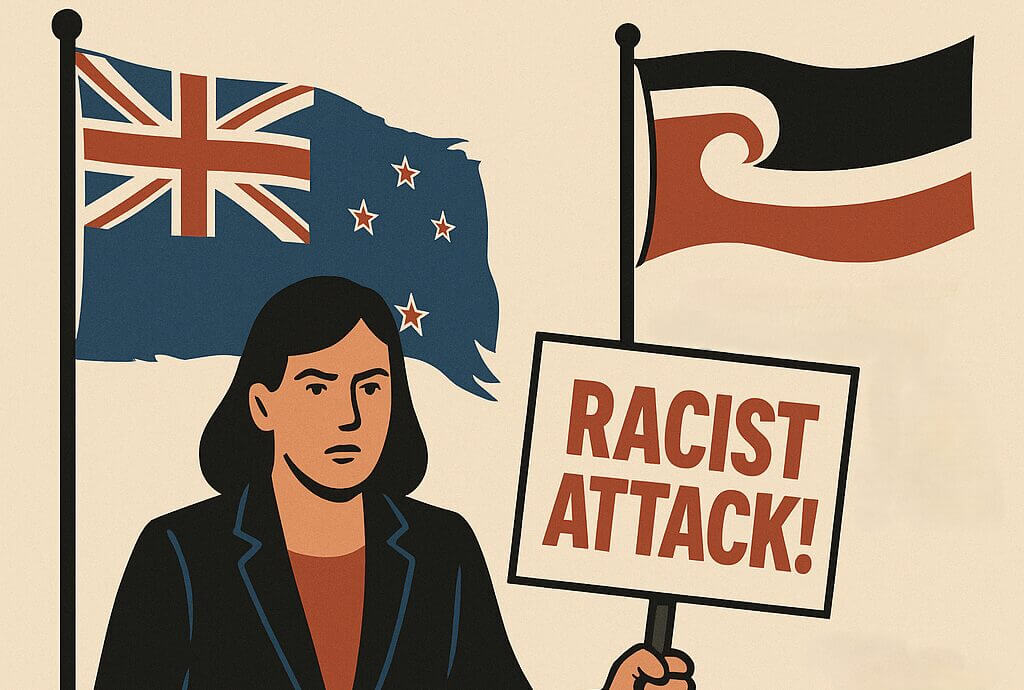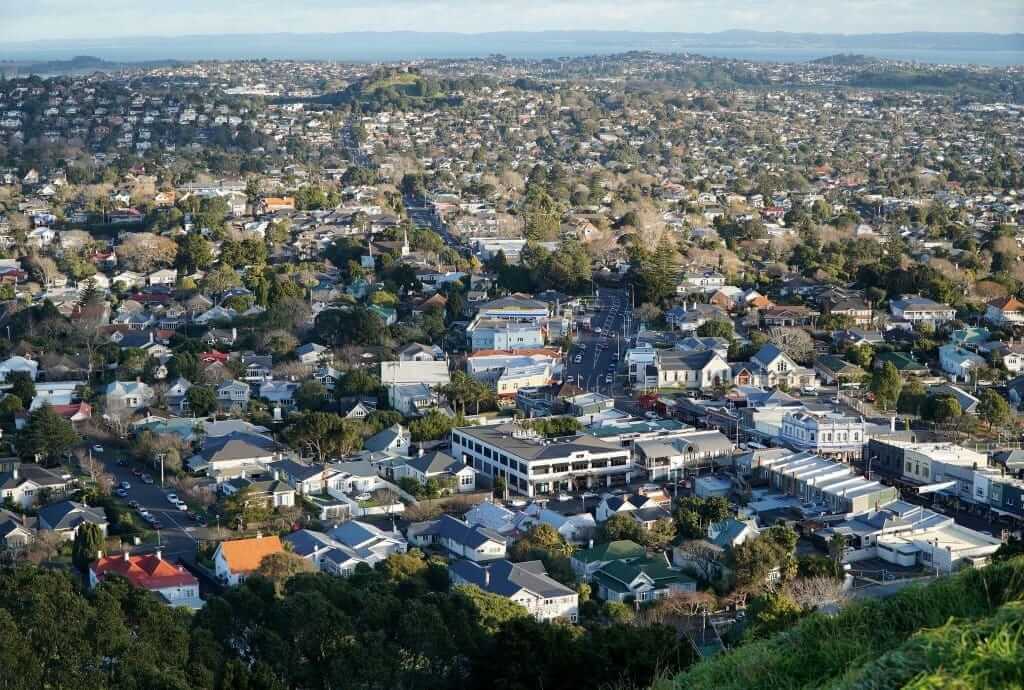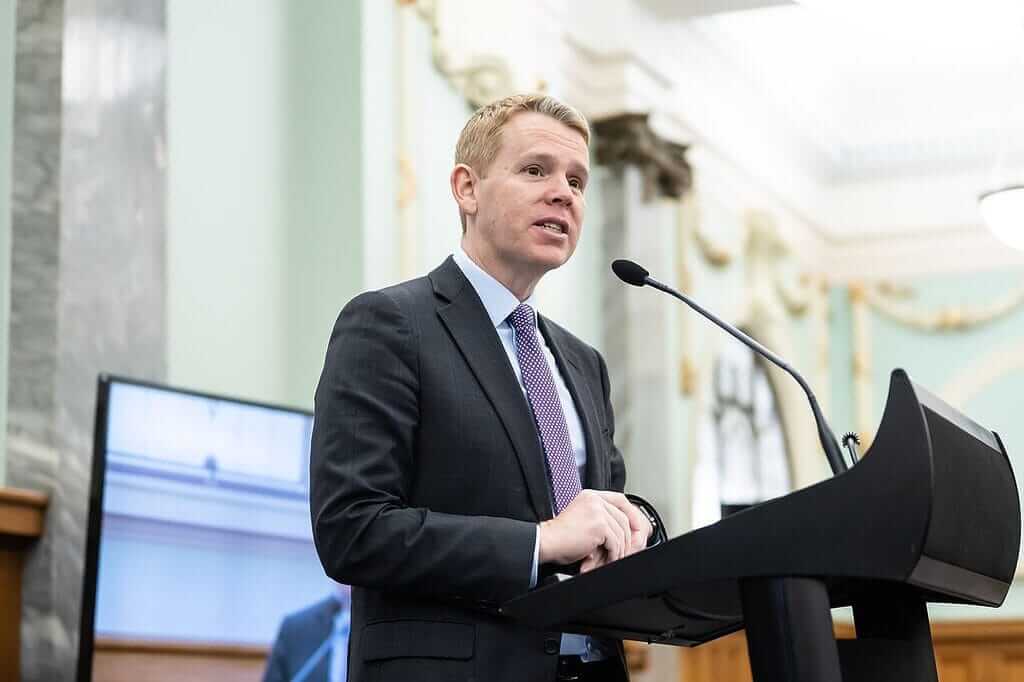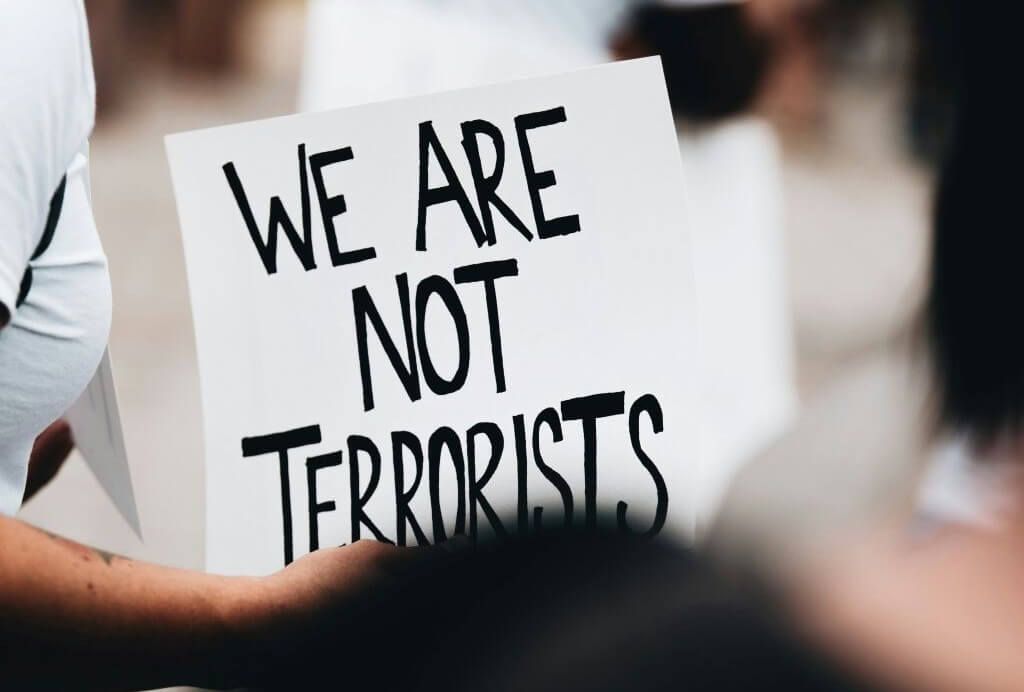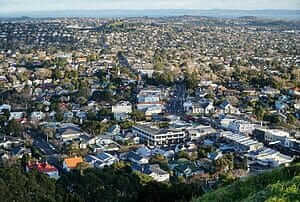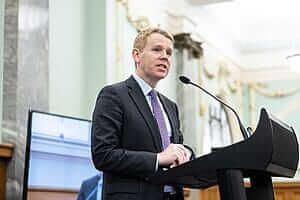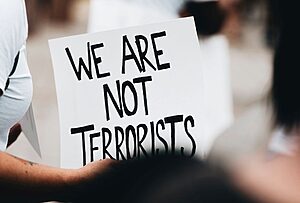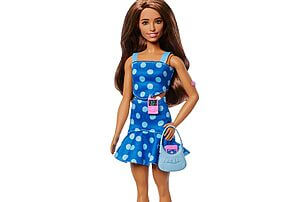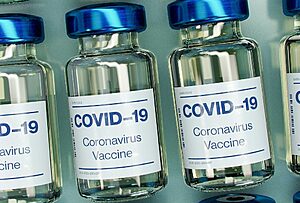In brief
- A counter-misinformation group “Tohatoha” is delivering workshops to schools.
- The program aims to teach “critical thinking” so young people are better at sorting fact from fiction.
- The same old problem: Who decides what is disinformation? Tohatoha looks partisan.
Teaching kids disinformation “A Bit Sus”
Tohatoha, a counter-misinformation group known for lobbying for a “more equitable internet”, began delivering a school program in 2021 called “A Bit Sus”. They are currently running 10 week long courses in 24 different schools.
In an interview, Associate Education Minister Jan Tinetti said that “critical thinking” will be included in the current revamping of the curriculum.
Finland’s educational model is used as an example. According to MoE the Finnish curriculum effectively teaches critical thinking better than most systems, making Finland one of the nations most resistant to fake news.
Behind the curtain
Tohatoha’s Ceo, Mandy Henk says asking “Who is behind the information, what is the evidence, and then what do others say” is important. We agree. A critical thinker might also ask, “What are the controls to keep this program balanced?”
Tohatoha publishes on topics such as online echo chambers, disinformation in climate science, digital misogyny, “prebunking”, “right wing populism” and the “fringe internet”.
They’re active on social media and reshare content from a number of self proclaimed far-left accounts. At a glance, one can find very little space given to other opinions that may stand at odds or even just add balance to the main positions they present.
Critical thinking by definition requires assessing a broad range of information for relevance and validity before reaching a conclusion. And a lot of decisions boil down to personal opinion on the tradeoffs.
Tohatoha means to spread around, share or to distribute, in Te Reo. Ironically, using a Māori word for their name – that very few will know – may suggest a certain pre-disposition?
Henk has also advocated for government led online content regulation.
History repeats
Supporting the efforts of Tohatoha, some in the media believe teaching critical thinking will mean we no longer see protests like in Wellington in 2022. A foregone conclusion that assumes the protestors were not thinking critically.
Critics of the program are similarly concerned that history may be repeating. A short reading of history highlights that allowing groups to decide what falls into the category of true information and what is false information usually results in problems.

